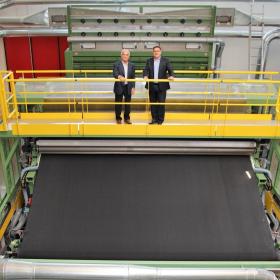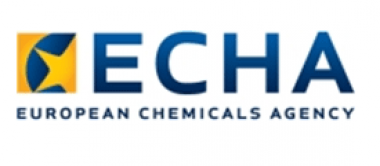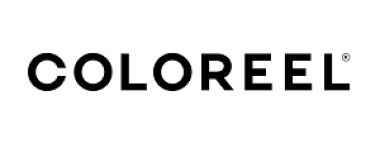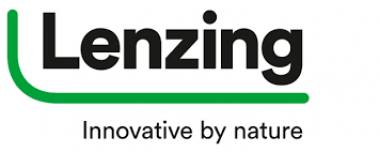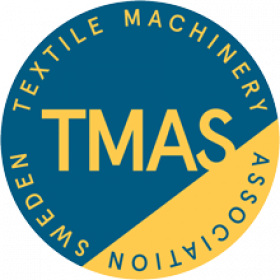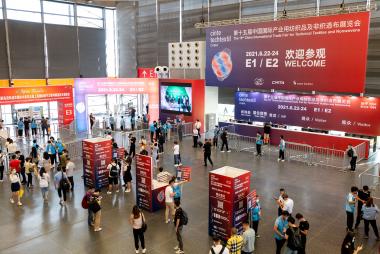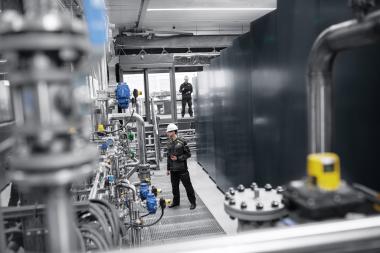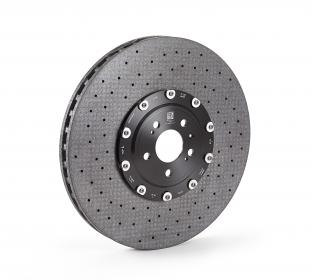ANDRITZ: Extra-wide carding machine for Italian nonwovens producer
International technology group ANDRITZ has successfully started up the new carding machine and opening/blending line it delivered to Albis in Roasio, Vercelli, Italy.
With its large working width of 5.10 meters, the machine allows for the production of nonwoven fabrics tailored to specific customer requirements while maintaining excellent properties and consistent quality. One example is Albis Curacell ®, a multilayer composite nonwoven fabric in a weight range between 35 and 70 gsm that is produced with a fully water-free patented process and is able to absorb liquid flows of over seven times its own weight. The production line also includes an advanced upstream opening and blending system from ANDRITZ.
Albis, a privately owned group founded in Italy in 1995 by Gianni Boscolo, has been a major player in the nonwoven market for over three decades. Through continuous research and development, the company offers innovative, high-quality nonwoven solutions across various sectors, including hygiene, medical, personal care, textiles, filtration, and agriculture.
ANDRITZ AG


